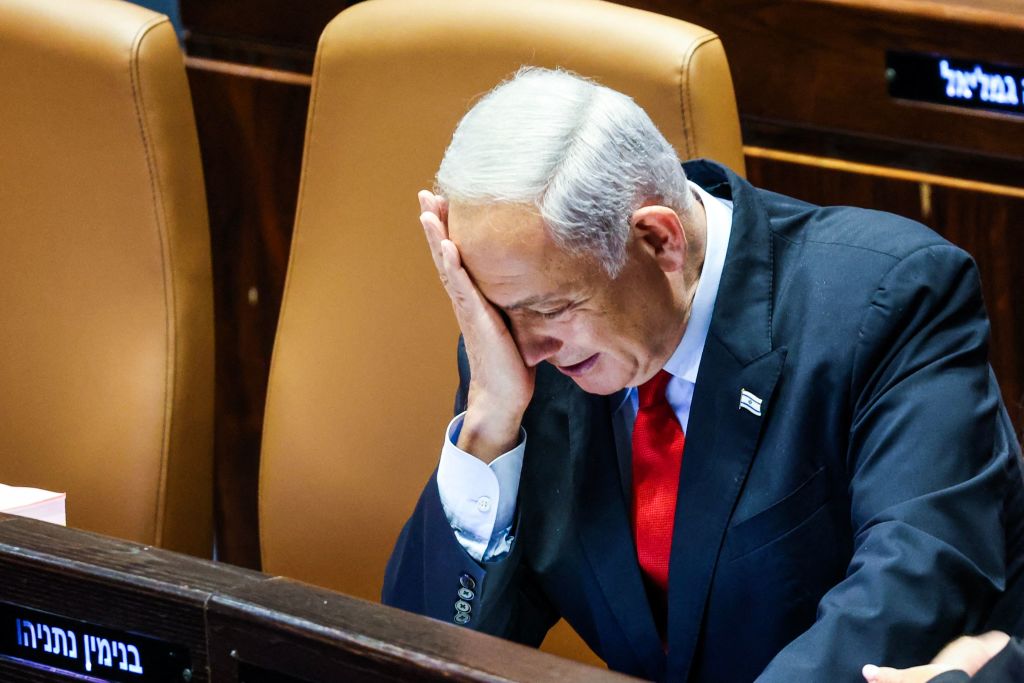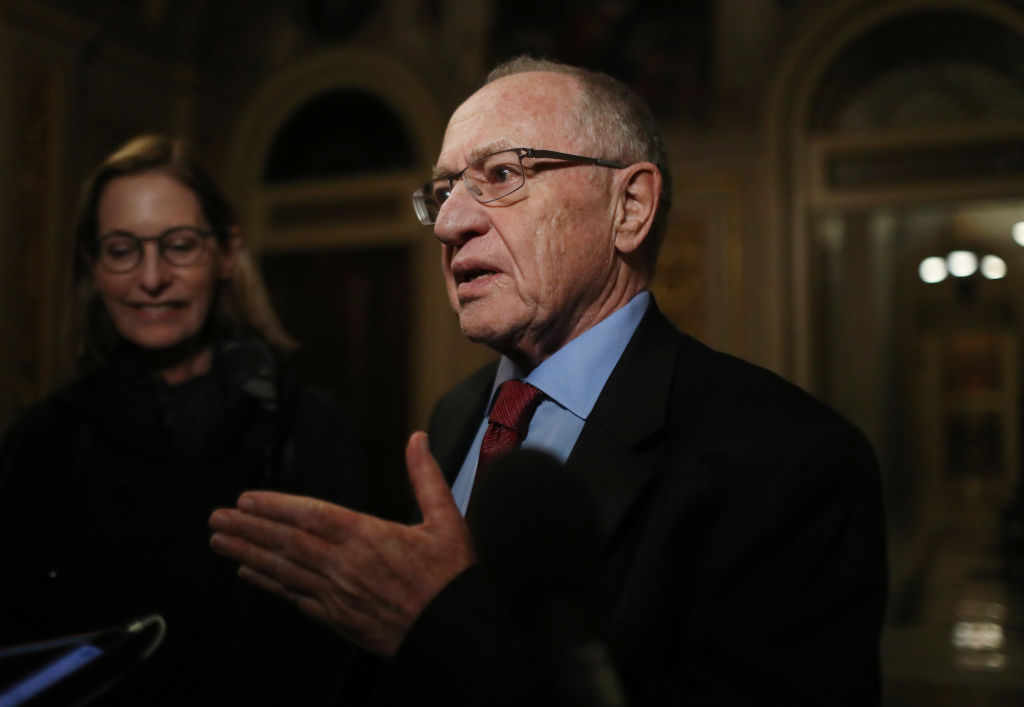The decision by Israel to withdraw its forces from the devastated city of Khan Younis could portend a battle for the control of Gaza. For Prime Minister Benjamin Netanyahu and the Israeli Defense Forces, the prize in the war against Hamas is the capture of the southern city of Rafah, a sprawling, tented enclave bulging with up to 1.4 million displaced and desperate Palestinians. Given that much of Gaza is now in ruins, there is almost nowhere left for the Palestinians trapped inside the city to flee. It is almost universally accepted that any assault would end in a bloodbath.
It’s for this reason that Washington has repeatedly warned Israel that if the attack goes ahead, the US could begin to place restrictions on how weapons supplied to the IDF are used — a move which could severely restrict future operations. The decision by the IDF to withdraw from the devastated city of Khan Yunis — once home to 400,000 Palestinians — initially offered a fleeting hope that a ceasefire might be forthcoming. But it has since emerged that the withdrawal was a tactical rather than a strategic decision, possibly orchestrated to appease the US in the wake of the tragic killing of seven aid workers employed by the World Central Kitchen.
The war in Gaza is not over. The killing will undoubtedly continue for many more months.
Just hours after the Khan Yunis withdrawal announcement, IDF Lieutenant General Herzi Halevi said that the military is “far from stopping” its operations in Gaza.”We will not leave any Hamas brigades active — in any part of the Gaza Strip. We have plans and will act when we decide,” he said. Netanyahu finds himself in the uncomfortable position of being squeezed by both the US and the far-right members of his own government — on whom his political survival now rests.
Israel’s far-right minister of national security, Itamar Ben-Gvir, warned on Monday that “if the prime minister decides to end the war without launching an extensive attack on Rafah to defeat Hamas, he will not have a mandate to continue serving as prime minister.” Netanyahu has confirmed that he will attack Rafah, and that he has a date for the operation in mind. While that announcement might appease his far-right government allies, it will do little to improve relations with the United States.
The pressure on the Israeli government is now mounting and Netanyahu has been urged to halt the planned offensive in a joint statement signed by Egyptian president Abdul Fattah al-Sisi, French president Emmanuel Macron and Jordan’s King Abdullah II. Writing in France’s Le Monde newspaper, they warned the plan would have “dangerous consequences” and “threaten regional escalation.” They wrote: “The war in Gaza and the catastrophic humanitarian suffering it is causing must end now.”
War fighting is costly and exhausting in both blood and treasure. Troops, even those on the “winning” side, need to rest and recuperate. Vehicles need to be fixed and ammunition supplies need to be replenished. While Israel claims to have killed more than 13,000 Hamas fighters, IDF casualties (although comparatively lower) are still significant. To date, 260 IDF personnel have been killed since the conflict in Gaza began and over 3,000 have been wounded — many seriously. Four members of the IDF were killed last week after being ambushed by Hamas gunmen who emerged from a tunnel in a destroyed building and opened fire at troops carrying out a patrol along the IDF’s logistics route in Khan Yunis. The Hamas fighters apparently managed to flee back into the tunnel. While tragic, the deaths of the four IDF soldiers also demonstrates that despite six months of fighting which has left much of Gaza destroyed, Hamas still has the capability to plan and mount costly attacks. Any assault on Rafah is unlikely to be a one-sided contest.
The Israel-Hamas war erupted with Palestinian terror group Hamas carrying out an unprecedented attack against Israel on October 7, killing some 1,200 people and taking another 253 hostages, some half of whom are still held. Since the start of the war, more than 33,000 Palestinians have been killed, according to the Hamas-run Gaza health ministry. These figures cannot be verified and do not differentiate between civilians and combatants. Israel says it has killed more than 13,000 terrorists in Gaza and another 1,000 terrorists inside Israel over the same period. An assault on Rafah would add significantly to that death toll and leave Israel further isolated on the global stage.
If the assault on Rafah goes ahead then what? Will Netanyahu claim “mission accomplished?” At some point a political solution will need to be found, and the Israeli prime minister could do worse than to heed the wise words of former MI6 chief Sir Alex Younger, an avowed supporter of Israel, who told the BBC Radio 4 Today program: “This [the war in Gaza] is fundamentally a political issue. There is not a military solution. You cannot kill all the terrorists without creating far more than you began with, and without a political strategy you are not going to succeed.”
This article was originally published on The Spectator’s UK website.


























Leave a Reply